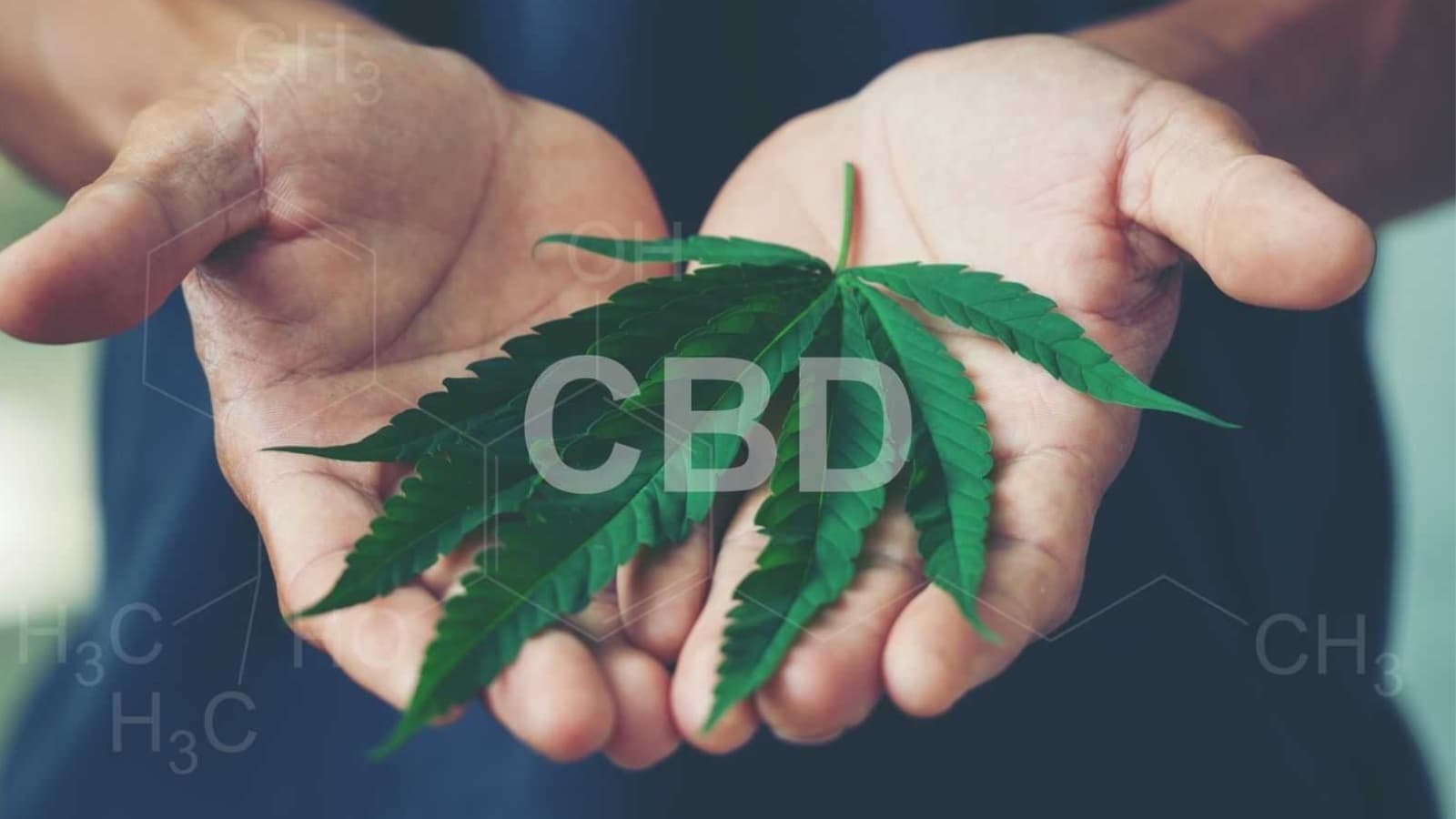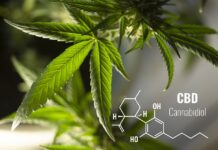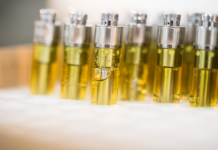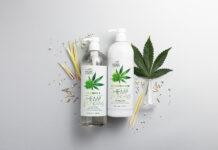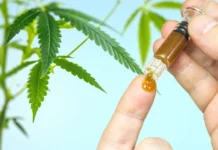CBD oil is now a hugely popular supplement in Australia. It’s a natural extract sourced from hemp that has a range of health benefits and uses. Hemp is just a different name for cannabis sativa that doesn’t contain THC. Instead, this plant has distinct properties. Unlike cannabis which is rich in psychoactive THC – hemp and CBD are non-psychoactive. They have differing therapeutic characteristics and contain a different mix of cannabinoids.
CBD has been in use by humans for millennia for its healing properties. ‘CBD’ stands for cannabidiol. This compound can help in treating conditions like epilepsy, anxiety, insomnia, and high blood pressure. While cannabis has been known to contain THC for decades, the unique CBD compound found in it has only recently been focused on by researchers for therapeutic applications in Australia. Regulations were changed in 2021 in Australia to legalise CBD for medical purposes.
What is CBD oil?
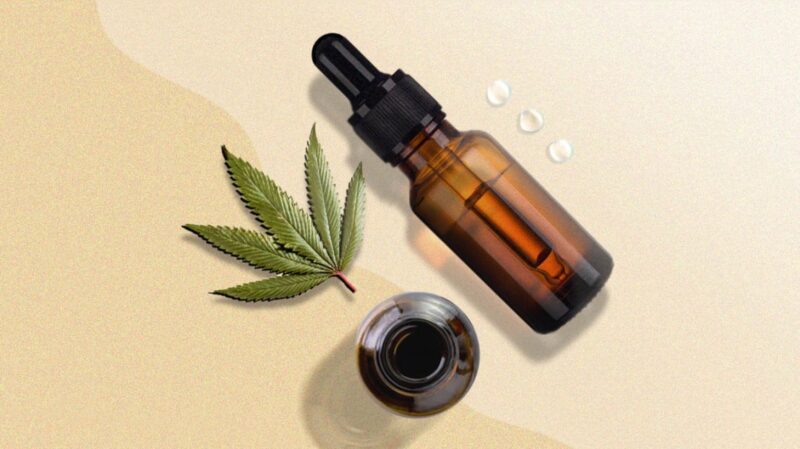
CBD oil is produced from the hemp plant and can be produced from most of the plant’s components including stems and leaves. It has several types but the most popular in Australia is full-spectrum CBD oil. This contains a full spectrum of cannabinoids, plant antioxidants, and nutrients.
Many of these like CBD and CBN have therapeutic effects such as anti-analgesic and anti-anxiolytic properties. In other words – CBD can help reduce chronic pain symptoms and also lower anxiety or stress in the mind. We detail the types of CBD oils you’ll find in Australia below. CBD oil is an umbrella term and there are a few key differences between CBD product types and the cannabinoids they contain.
CBD is often misunderstood and maligned due to being sourced from cannabis. But despite this, it is now getting coverage from Buzzfeed, Washington Post, and other news publications, and blogs for its health benefits. In many countries you can’t avoid CBD products – they’re everywhere. Some have legalised cannabinoid-rich oils that contain helpful compounds like CBN, CBG, and CBA as well as terpenes.
There have been more than 100 cannabinoids discovered to date, each with varying effects on the body and mind. Each of these can assist in boosting CBD’s effects. CBD is being purchased by everyone from the elderly to sports people in Australia because it is so useful and versatile. It can be added to coffee, food, and smoothies as an oil. People are even using it as a topical cream for healing stiff or painful joints, soothing muscles and repairing dry skin. It can be used topically in lotions or massage balms.
CBD oil is vegan – it’s sourced entirely from plant sources. It’s also all-natural meaning you don’t need to worry about harming animals when consuming it or getting an unethically sourced product. Although it’s probably the most beneficial in terms of its therapeutic effects, CBD is just one of the many compounds that are active in hemp. Cannabis medicines have been studied since the mid-20th century intensively.
That’s because they have so much usefulness – both in recreational and therapeutic contexts. Researchers have known about CBD since it was discovered along with some other cannabinoids. There are a total of 113 cannabinoids which were found in cannabis plants, although those like CBG and CBA are around 30-40% of the extracted compound makeup of the plant.
Originally when it was discovered, scientists were unaware of the therapeutic effects CBD offered. These were uncovered much later in the 20th century. This is because the chemists didn’t look to physically extract each of the individual cannabinoid compounds that were active in the plant through pharmacological methods. Its effects became much more studied after it was found that mammals all evolved an endocannabinoid system which cannabinoids like CBD and CBN interact with.
CBD versus THC
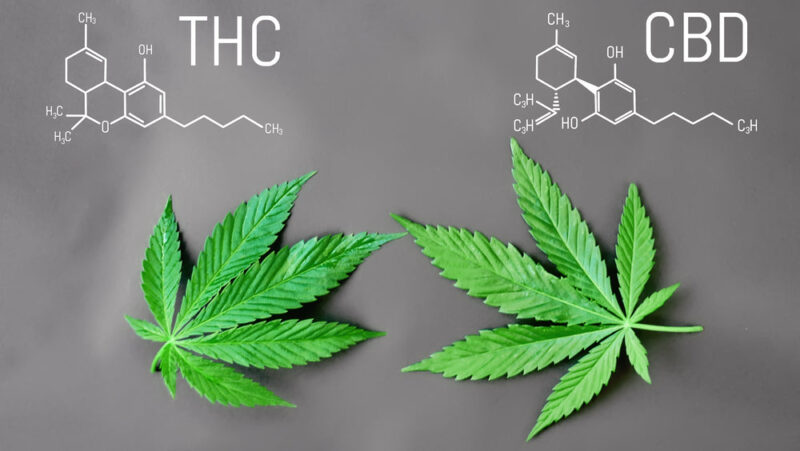
One of the key things that confuse many people interested in buying and using CBD is the plant it comes from. To understand this, you need to know the ‘umbrella’ plant family called Cannabis. Cannabis has multiple distinct cultivars within its family for example cannabis indica as well as hemp and marijuana. These aren’t to be confused. Hemp is a non-psychoactive cultivar of cannabis. When extracts are produced from it, they typically contain around 0.2% or less THC content.
Marijuana is separate and contains THC which can get you high. It has many potential health risks associated with using it. Particularly for those with mental illnesses. CBD on the other hand is safe – it is already being used in medicines after multiple rounds of clinical trials across the world. To recap – CBD and THC are completely different cannabinoids and only CBD can be considered safe.
While CBD is from hemp which contains low THC, there are high levels of THC in cannabis typically. The levels of cannabinoids in cannabis can be varied by how it is grown and cultivated. The golden rule of thumb in determining whether a plant is hemp is its CBD and THC concentrations. In Australia, any plant with less than 0.2% THC is considered hemp-grown for commercial purposes.
Below this concentration of THC, there is no intoxicating effect from consumption. Trending over this line will mean the plant is considered psychoactive cannabis which is still illegal in most of the world – including Australia. Because THC is intoxicating and psychoactive, it was made illegal in Australia. It poses risk to those with mental illness and can trigger psychosis.
CBD however remained largely legal in most countries for clear industrial use cases. Research in Australia has now heavily accelerated its medicinal benefits and availability. Australians can access low-dose CBD over the counter in pharmacies. Even high-dose CBD and THC are available via prescription.
How to choose the right CBD oil
There are a few key types of CBD oil in Australia you might consider. Each has different benefits, cannabinoid content, and drawbacks.
Full-Spectrum CBD oil
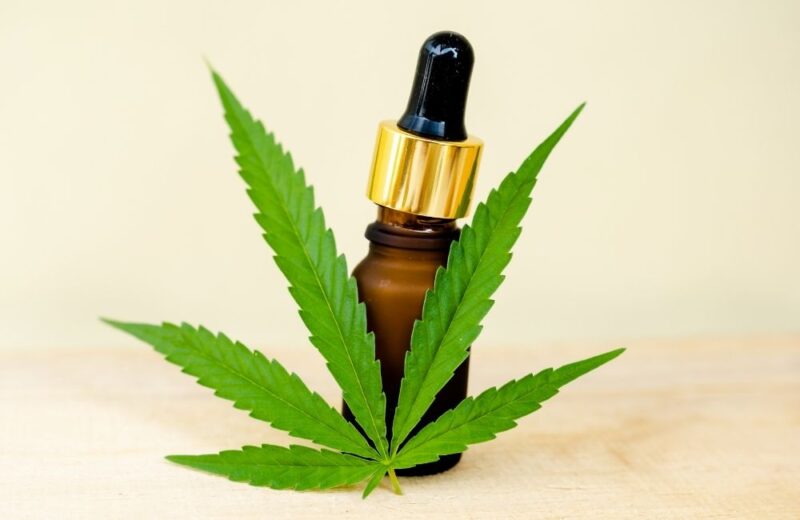
In addition to CBD, this oil contains the full ‘spectrum’ of other phytonutrients and minor cannabinoids that are produced by the hemp plant. These can include CBG, CBA, CBC, and CBN. Other compounds such as terpenes which occur naturally in the plant can also be present in this oil type.
In combination, the varying components are much stronger in terms of effectiveness, activation of the endocannabinoid system, and reduction of inflammation. This is due to the entourage effect. Cannabinoids in isolation still act on the endocannabinoid system and result in improved symptoms for many conditions. However, terpenes in this type of oil help the body to absorb cannabinoids and can trigger the release of endocannabinoids from the CB1 and CB2 receptors which amplify its overall benefits.
Isolate CBD oil
When isolated to CBD alone via more extensive refinement methods, CBD oil is known as an isolated oil. This type of oil strips out minor cannabinoids like CBG and removes most of the plant matter and other phytonutrients contained in full-spectrum CBD oil. The result is a highly potent product that contains very high CBD concentrations. The drawback is this product type is it will contain far less of the antioxidants, phytocannabinoids, vitamins, and minerals that hemp offers which are great for metabolic and cardiovascular health.
Hemp seed oil:
Not all oil products from hemp contain cannabinoids like CBD or THC. Hemp oil (also known as hemp seed oil) is a nutritional form of hemp extract designed to contain high levels of healthy fats and antioxidants. It can be added to salads, smoothies, coffee, and more to provide nutritional benefits. Hemp oil is a natural seed oil that is rich in long-chain fatty acids and gamma linoleic acid from hemp. Be careful if you’re looking to buy CBD oil in Australia – much of it is hemp oil either mislabelled or mis-sold as a CBD product.
Tips on Buying CBD in Australia
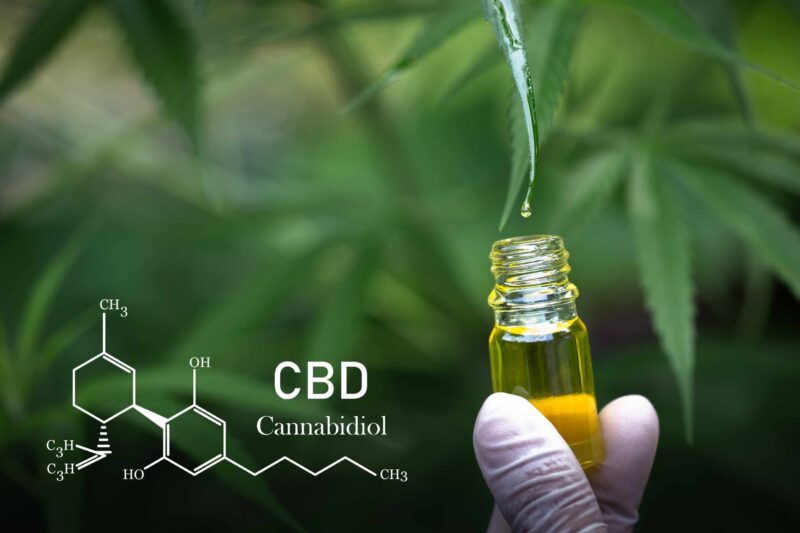
Is it organic and quality assured? Double check you’re purchasing a CBD product in Australia that will be free from pesticides, herbicides, contaminants, and heavy metals. Organic products are more carefully grown and harvested to keep them clear of contaminants. If you can try to find USDA or EU-approved and organically certified products. These will also have greater controls on production and measures of purity Many CBD products in Australia are substandard and can contain THC. Ensure you read the label and test the product before use. Not doing so means you could risk intoxication or side effects.
Look for gas-extracted oils. Preferably from supercritical CO2 extraction. These extraction techniques prevent any nasty chemicals or solvents from entering the final oil product. Oils processed via solvents like ethanol can often become contaminated by the solvent itself, creating a bad flavour but also potential for unintended contamination from toxic substances. Superficial CO2 extract is the best standard for purity, cleanliness, and CBD concentration. Products made using this method will inevitably be of higher quality and better for you.
Third-party quality assurance of your CBD oil is important. Does the product have any certifications, test results, awards, or reviews? Confirm that what you’re getting is high strength and pure by understanding the reviews and reports from others. This is a great way to avoid scams as well as poor quality or low-strength oils. You should also seek lab test results from your supplier that will provide an analysis of the cannabinoid concentration and makeup of your product.
Is CBD legal in Australia?
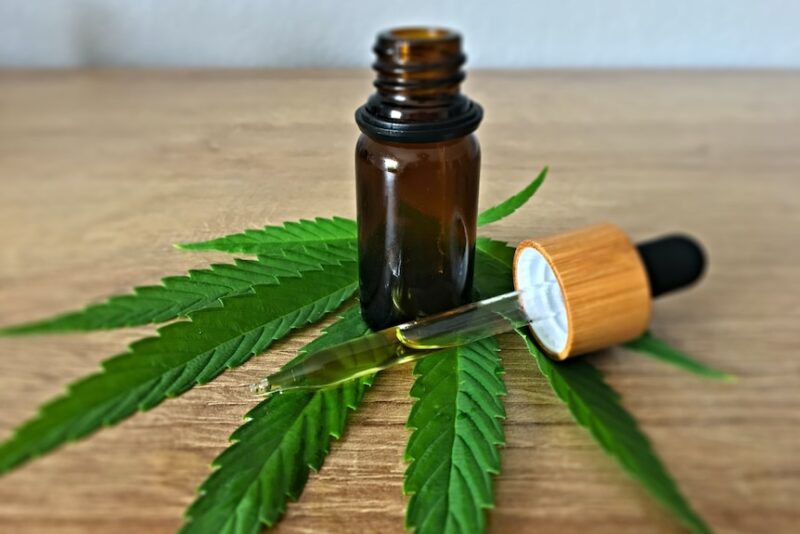
In places like Australia, some US states, as well as many countries in the EU, CBD oil has been legalised for health purposes. It’s seeing huge interest from people that need relief from inflammatory issues like arthritis, stress, or aches. It can even be taken as capsules or tinctures, plus more which makes it great for easy use and convenience. Laws in Australia have recently changed and are becoming more accommodating for CBD and even many THC products with recent regulation changes in 2020 allowing the purchase of CBD over the counter (OTC) in pharmacies.
Is it safe to use?
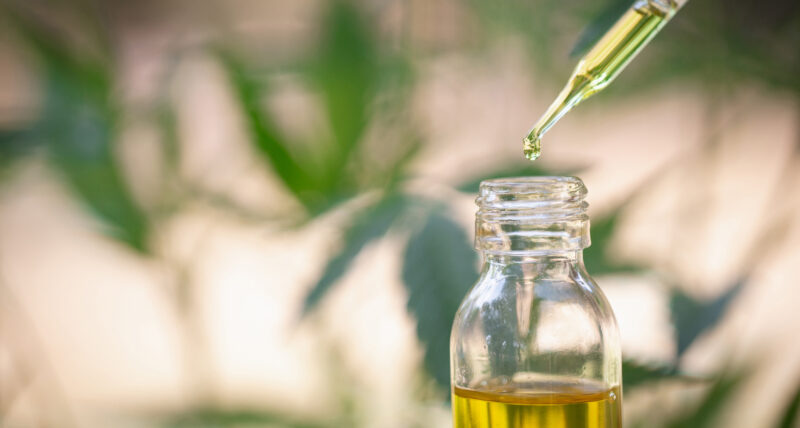
CBD oil will not get you high as it doesn’t produce any psychoactive effects. It’s also non-toxic even at very high doses and well tolerated by the body. This means it’s very safe for human consumption and has therapeutic purposes for relief. The WHO or World Health Organization has reviewed the safety of CBD and medical benefits it has. It concluded the toxicity and potential for adverse reactions to the substance are very minimal in humans after extremely thorough trials.
This extensive report cites numerous studies and clinical research done across the globe from Germany, the UK, the US, and other countries. It also concluded there are no addictive properties or issues with dependence associated with CBD. This is excellent for people who have problems with addictive painkillers and need a safer all-natural alternative.
These tests were from lab-produced and pure CBD products. Based on the reports from subjects, there were almost no adverse effects or issues encountered during usage. Even when CBD dosages were stopped after using high dosages daily – withdrawals weren’t experienced.

